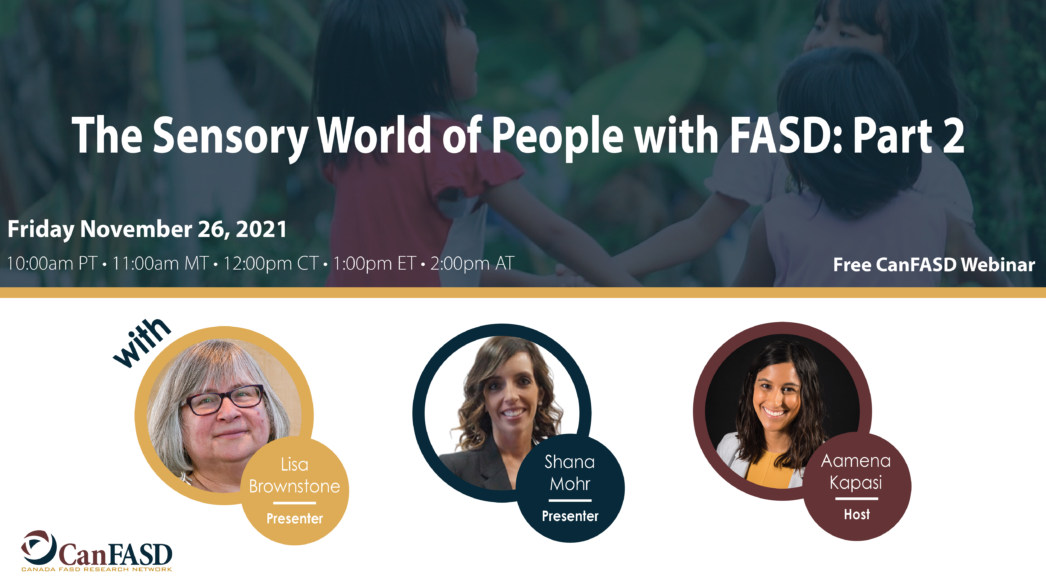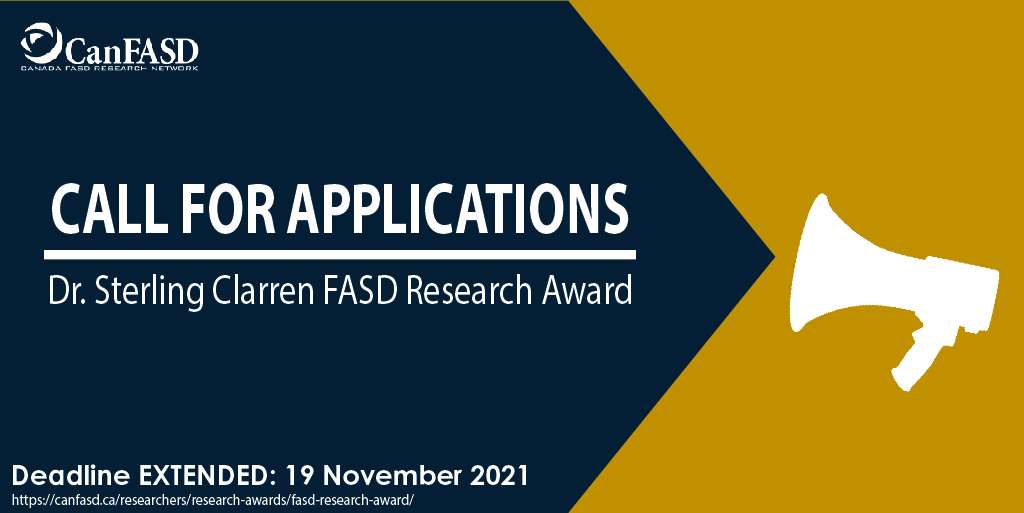CanFASD has run an art competition every year since 2016 to showcase the creativity of Canadians with FASD. We accept paintings, drawings, sculptures, photographs, and everything in between.
Article Summary #9: Dog-Assisted Therapy for Children and Adolescents with FASD
Dog Assisted Therapy (DAT) has been shown to reduce anxiety and depression and improve social skills in individuals with physical and mental challenges. It has also been shown to be an effective strategy for children with neurodevelopmental disorders, like Autism Spectrum Disorder and ADHD. However, until now, there have been no studies on the impact of DAT in children and adolescents with FASD.
Health Canada Updates their FASD Page
Last month, Health Canada released their new information page on Fetal Alcohol Spectrum Disorder (FASD). This update is a huge step forward towards increased consistency, reduced confusion, and improved understanding of FASD in Canada.
Celebrating the International Day of People with Disabilities
December 3rd is recognized as the International Day of Persons with Disabilities. First established in 1992, this awareness day promote the rights and well-beings of people with increases awareness of the experiences of individuals with disabilities through a political, social, economic, and cultural lens.
12 Days of Mocktails is Back
Throughout the month of December, we will be ringing in the holiday season with our annual #12DaysofMocktails campaign to raise awareness of Fetal Alcohol Spectrum Disorder (FASD).
National Addictions Awareness Week 2021
Substance use is a complex issue that requires a wide range of perspectives and a collective effort. Everyone needs to work together towards a healthy future for people who use substances.
New Webinar: The Sensory World of FASD Part 2
Our webinar on the sensory world of people with FASD was such a hit that we decided to split it into three parts! Register for Part 2 happening on November 26, 2021.
2017 FASD Research Award Winner Dr. Kelly Harding
“Winning the Dr. Sterling Clarren FASD Research Award helped to forge new paths in my career. Winning the award not only validated my skills and achievements as an early career researcher, but also helped me make connections and build my network with other researchers in the field, both in Canada and internationally.”
2021 FASD Research Award Winner Dr. Brianne Redquest
“As an early researcher, I wasn’t always confident and often doubted my skillset as a researcher. After receiving this award, it gave me the boost of confidence I really needed, gaining more confidence in myself as a researcher and reassuring the importance of my work and its positive impact on caregivers of children with FASD.”
Celebrating Seven Years of our FASD Research Award
With the deadline for the Dr. Sterling Clarren FASD Research Award fast approaching, we followed up with past recipients to learn where their research is at now and how winning this award impacted them, both personally and professionally.







